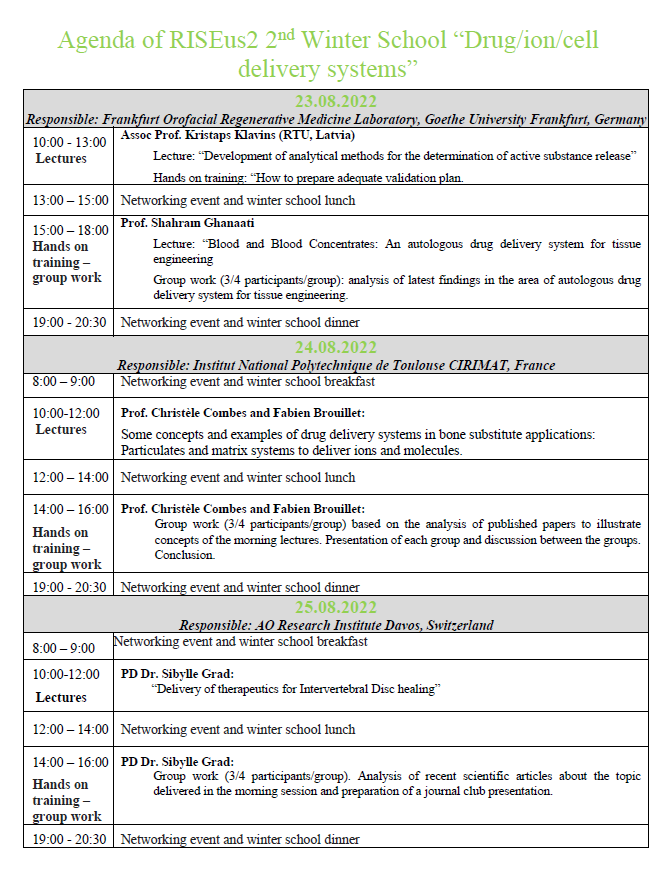RISEus2 "winter" school 2022
Event date: 23-08-2022
RISEus2 team welcomes Early Stage Researchers to the second Winter School on "Drug/ion/cell delivery systems".
Onsite event from 23.08.2022. - 25.08.2022. at Camping “Ronīši”, Engures nov., Engures pag., Klapkalnciems, LV-3113, Latvia has been foreseen. Lectures and hands on exercises will be provided by RISEus2 advanced partners: Frankfurt Orofacial Regenerative Medicine Laboratory, Goethe University Frankfurt, Germany; Institut National Polytechnique de Toulouse CIRIMAT, France; AO Research Institute Davos, Switzerland.

Registration for the event is mandatory. Please go to the section Registration.
Acknowledgements: This project has received funding from the European Union’s Horizon 2020 research and innovation programme under grant agreement No 952347.
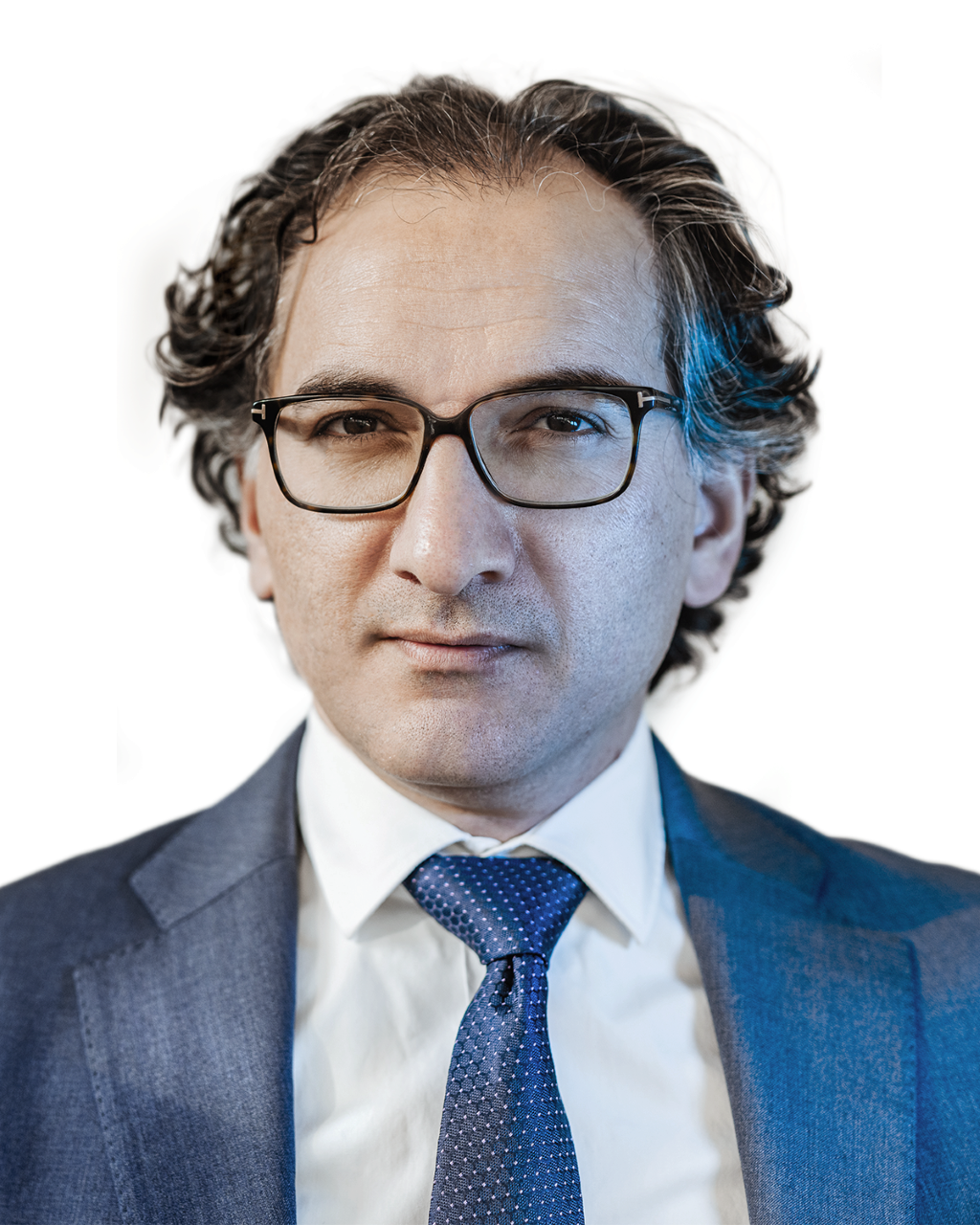
Shahram Ghanaati
Prof. Shahram Ghanaati is a specialist in Oral and Maxillofacial Surgery with additional designation of plastic operations, and has a triple doctorate in medicine, dentistry and science (MD, DMD, PhD) from the German universities Johannes Gutenberg University, Mainz and Johann Wolfgang Goethe University, Frankfurt. From 2007 to 2013, he successfully completed his residency at the Clinic of Oral, Cranio-Maxillofacial and Plastic Surgery, Johann Wolfgang Goethe University, Frankfurt. In 2013, he achieved the degree of Specialist in Oral and Maxillofacial Surgery. Today, he leads the Head and Neck Oncology section at the University Cancer Center, Johann Wolfgang Goethe University, Frankfurt and is an Associate Professor at the Clinic of Oral, Cranio-Maxillofacial and Plastic Surgery and a faculty member at the Johann Wolfgang Goethe University, Frankfurt. In 2016, he achieved the degree of Specialist in Oral and Maxillofacial Surgery with additional designation of plastic operations and was appointed as the Chief Senior Physician. In 2017 he was appointed as Deputy Director of the Clinic. In 2018 he became Fellow of European Board of Oral- and Maxillo-Facial Surgeons (FEBOMFS).
Prof. Ghanaati has performed several translational studies (preclinical and clinical) with special focus on biomaterial-related cellular reaction and regeneration capacity. Since 2005, he has extensively studied the inflammatory pattern and regeneration capacity of biomaterials with respect to different physicochemical properties. Thereby, he performed research and accompanied the development of over 10 biomaterials from bench to the clinic. He developed a biomaterial-based technique for extraoral skin regeneration, which received 510 (k) in USA in 2017. Presently, he is a research consultant for the world’s leading manufacturer of biomaterials. In 2009 he founded the FORM-Lab (Frankfurt Orofacial Regenerative Medicine, www.form-frankfurt.de), the research laboratory of the Clinic of Oral, Cranio-Maxillofacial and Plastic Surgery, Johann Wolfgang Goethe University Frankfurt, and leads it ever since. In FORM, he manages a working group of scientists and clinicians, who perform basic science and clinical studies focusing on understanding the biomaterial-based regeneration process and aspects of vascularization in management of soft and bone tissue regeneration. In 2010, he started to develop advanced preparation protocols of platelet rich fibrin (PRF) together with Dr. Joseph Choukroun, the founder of PRF. In 2016, Prof. Ghanaati and his team established the so-called LSCC (Low Speed Centrifugation Concept) for PRF-derived blood concentrates to gain a highly bioactive autologous drug delivery system. This development led to the establishment of an AWMF S3-guideline for use of PRF in oral dentistry.
Prof. Ghanaati preformed more than 80 lectures at national and international congresses and gave more than 50 courses and workshops on GTR & GBR in implantology as well as on regenerative concepts and blood concentrates. Up to now he has published more then 160 peer-reviewed publications, with a respective H-Index of 36 and a cumulative impact factor exceeding 550, in the field of regenerative and reconstructive medicine and research covering a whole translational research chain from basic in vitro research, to animal in vivo research, and finally in clinical studies and trials.
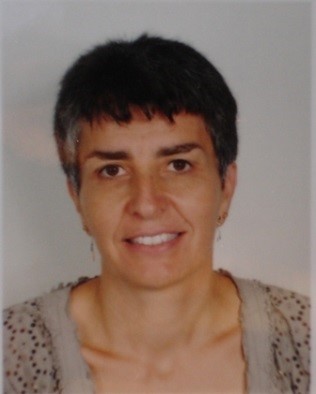
Prof. Christèle Combes
Christèle Combes received her PhD in Materials Science at the Institut National Polytechnique de Toulouse (INPT, France) in 1996 for her study on the nucleation and crystal growth of calcium phosphates on substrates of biological interest (titanium and collagen). In 1997, she held a postdoctoral position at the Ecole Polytechnique de Montréal (Canada) dedicated to the development of polysaccharide based hydrogels for cartilage substitution and repair. Since 1998, she has been a teacher-researcher at the Ecole Nationale Supérieure des Ingénieurs en Arts Chimiques et Technologiques (ENSIACET) in Toulouse. Currently professor at INPT-ENSIACET, she has been at the head of the ‘‘Phosphates, Pharmacotechnics, Biomaterials’’ research group of the CIRIMAT laboratory for 9 years (2007-2015). Her research interests include calcium carbonate and calcium phosphate based biomaterials and biomineralizations in a view to substitute and/or repair bone defects and to go towards better understanding the formation of normal and pathological calcifications.
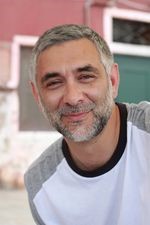
Assist. prof. Fabien Brouillet
Fabien Brouillet is Assistant Professor in Pharmaceutical formulation and process in the Department of Pharmacy at the Toulouse III University - Paul-Sabatier since 2008. He received his PhD in 2007 under a joint supervision between Montpellier University and the Université de Montréal. His thesis work concerned the study of a starch modified excipient used for sustained drug release and the development of a spray drying process for its production. From 2006 up to 2008, he occupied a position of Contractual Assistant-Professor at the Faculty of Pharmacy of Montpellier University, his research activity in the UMR CIRAD 016 concerned mainly natural product valorization in pharmaceutical applications and drug release evaluation. Currently his research interest, as a member of the ‘‘Phosphates, Pharmacotechnics, Biomaterials’’ research group of the CIRIMAT laboratory, include particles engineering by spray drying and their use as drug delivery system or as metastable precursors for the development of optimized bone substitutes obtained by non-conventional processes such as Spark Plasma Sintering, Combinatorial Matrix-Assisted Pulsed Laser Evaporation or 3D Printing.
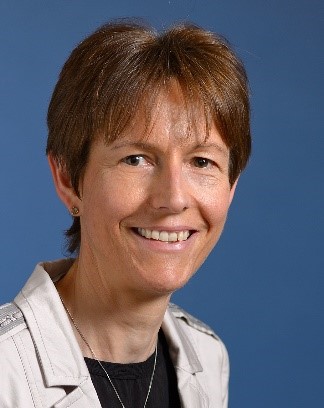
PD Dr. Sibylle Grad
Sibylle Grad is a Principal Scientist at the AO Research Institute Davos (ARI), Switzerland. She is the deputy Program Leader of the Regenerative Orthopaedics Program and the focus area leader for intervertebral disc and cartilage biology. Sibylle Grad obtained her PhD in Natural Sciences from the Department of Cell Biology of the Federal Institute of Technology in Zürich (ETHZ), Switzerland. After completing her first post-doctoral training, she joined the AO Research Institute Davos. She has since then acquired extensive research expertise in tissue engineering and regenerative medicine with focus on cartilage and intervertebral disc repair and regeneration. Her projects include organ culture and bioreactor studies for the intervertebral disc, cell therapy, molecular therapy, circulating and tissue biomarkers; bioreactor loaded explant models for cartilage and osteochondral defects. Her expertise in advanced ex-vivo organ culture systems for studying both degeneration and repair is widely acknowledged in orthopedic research. Sibylle Grad is also a private docent with habilitation in Biomedical Engineering and course leader in the graduate program of the Department of Health Science and Technology of the ETHZ. She has obtained funding from many national and international agencies and has been section leader of several collaborative projects. She is a co-organiser of the eCM Annual Conference and has served as topic chair, section research chair, and program committee member of the Orthopaedic Research Society. Her publication list includes about 150 peer-reviewed articles.
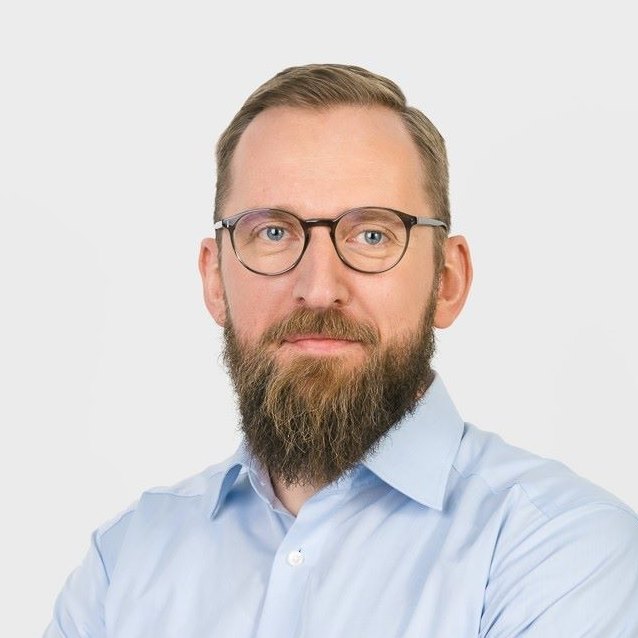
Assoc.prof. Kristaps Klavins
Dr. Kristaps Klavins is an analytical chemistry expert whose main research areas are metabolomics and lipidomics. In the last 10 years, he has gained broad expertise in LC-MS based metabolomics/lipidomics and detailed knowledge of metabolomics/lipidomics applications in biomedical research, including usage of various in vitro and in vivo models. He received his Ph.D. in 2014 from the University of Natural Resources and Life Sciences – BOKU, Vienna. After finishing his Ph.D., Dr.Klavins joined the company "Biocrates Life Sciences AG" as a Senior Scientist at the Department of Research and Development. He was focusing on the development of novel LC-MS based kits for the analysis of metabolites and lipids. In 2017 Dr. Klavins joined CeMM - Research Center for Molecular Medicine of the Austrian Academy of Sciences as Deputy Head of Proteomics and Metabolomics Facility. Within this role, he was responsible for setting up the metabolomics facility and establishing and leading new collaborations with academic and industry partners. In 2020 Dr. Klavins received a Marie Skłodowska-Curie Individual Fellowship and joined Rudolfs Cimdins Riga Biomaterials Innovations and Development Centre at Riga Technical University (RBIDC RTU). In 2021, Dr. Klavins was appointed as Associate Professor at the Faculty of Materials Science and Applied Chemistry, Riga Technical University, Latvia. Currently, he is giving lectures for national and international bachelor students for "Analytical Chemistry" and "Chromatography and mass spectrometry" courses. His research interest, as a Group Leader for the "Material In vitro" scientific focus group within the scope of Baltic Biomaterials Centre of Excellence (BBCE), is to study underlying fundamental molecular mechanisms of cell-biomaterial and cell-cell interactions upon biomaterial treatment.
Acknowledgements: This project has received funding from the European Union’s Horizon 2020 research and innovation programme under grant agreement No 952347.
Winter School_2022_final_Agenda_updated_01.08.2022..pdf
